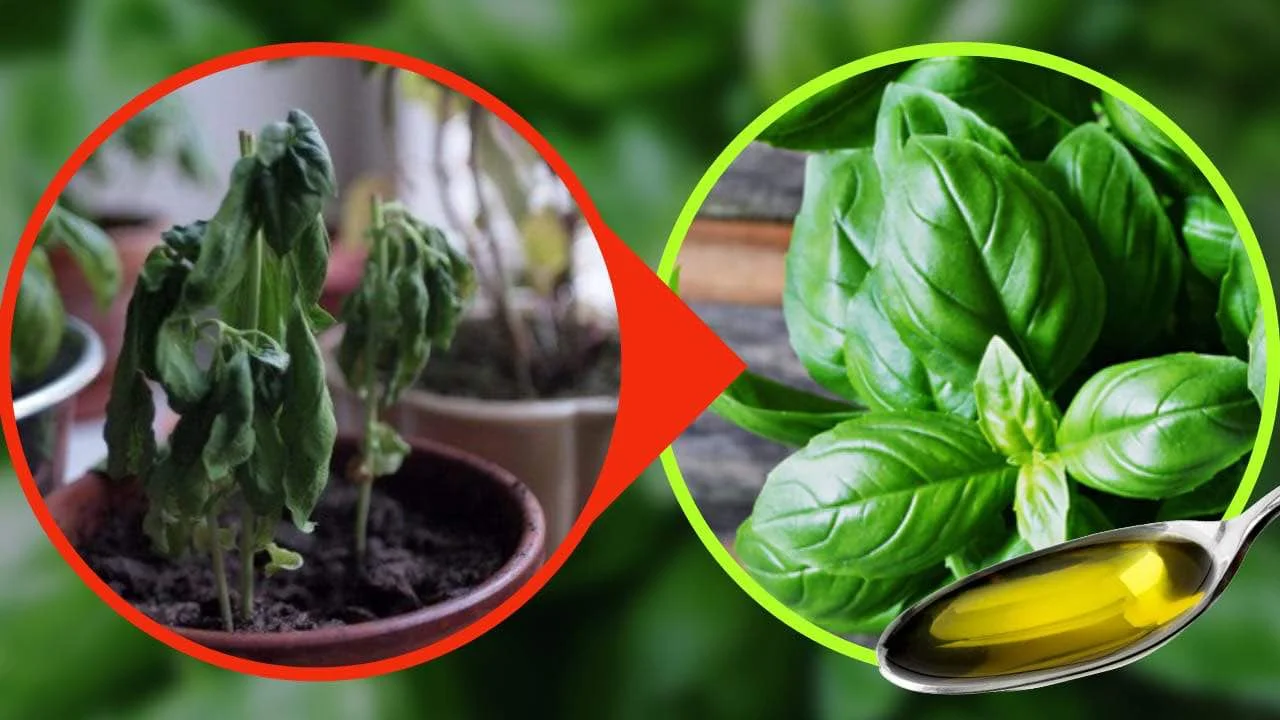*Simple yet Effective Ways to Safeguard Your Harvest*
Planting plastic forks in your garden might strike you as an odd practice at first glance. However, often it’s the straightforward tricks that save crops and plants. Among these methods, one secret stands out: the practice of planting plastic forks in the garden.
**Why Plastic Forks?**
The reason behind this might surprise you. So, take a trip to your nearby supermarket or any store that sells them, and grab a pack of plastic forks. If you’re looking to save and have the chance, purchasing them online or in bulk might be advantageous. No, this time you won’t need them for a picnic or for a quick meal without washing dishes. This time, you’ll need them in your garden.
Each fork should be placed approximately ten centimeters apart. The handle should be buried beneath the soil, while the tines remain exposed. There should be about ten centimeters of space between each fork.
**Guarding Your Garden**
Plastic forks in the garden will deter predators and other animals (such as rabbits, raccoons, etc.) from feasting on your harvest ahead of you. Indeed, these animals will steer clear of traversing through your garden, and if they do, they might injure themselves by pricking on the forks.
Rodents, unfortunately, can cause significant economic losses in gardens, damaging cultivated areas and spreading diseases. They feed on vegetables such as carrots, eggplants, tomatoes, and even seeds. Despite these issues, they are still very useful living beings for the ecosystem, as they, for instance, aid in soil aeration by constructing their burrows. Therefore, by employing plastic forks in the garden, you’ll merely deter them and keep them at bay.
Plastic forks in the garden can also serve as deterrents for all those birds that feed on your fruits and seeds. Upon spotting them, they’ll steer clear, and if they dare to approach, they’ll prick themselves and flee. All of this without resorting to bulky, often futile protections or hazardous chemicals for you and those around you, as well as for the fruits of your garden.
In conclusion, the seemingly unconventional method of planting plastic forks in your garden serves as a testament to the ingenuity and resourcefulness of farmers and gardeners. It’s a simple, eco-friendly solution that helps safeguard your hard work and yields, ensuring a bountiful harvest while minimizing harm to both your crops and the surrounding environment. So, next time you’re tending to your garden, consider adding a touch of innovation with these humble plastic utensils.

